If you’re looking for information to inform your tax planning strategies for your retirement, look no further.
Let’s start with the question everyone wants to know: Is it possible to receive income in retirement without taxes? While it may be technically possible, your optimal income sources probably have some type of taxation associated with them.[1]
Most retirees have some kind of retirement account in place, and if you are taking money out of that account, it will probably be what is called “unearned income.” Unearned income is the money you withdraw from things like pensions, traditional 401(k)s, and traditional IRAs.[1] If you withdraw from these kinds of accounts, that money is treated like any other income you’ve had over the course of your life, and it is added to your income if you are still working.[1]
Let’s look at an example. If you made $50,000 a year working and withdrew $10,000 from a traditional 401(k), then your total taxable income for the year would be $60,000.[1]
Also, many people who are retired claim Social Security, which you may not know is also taxable in most circumstances! Unless you make less than $25,000 from both Social Security and other income (for single filers), a certain portion of your Social Security will be subject to taxation.[1]
But remember, that only applies to your Social Security taxation. To not pay anything in taxes you’d have to earn income from non-taxable sources.[1] It might come as a surprise that there are tax-free sources of income you can tap, such as certain types of bonds and tax-free withdrawal retirement accounts. There are also situations in which your income may come from capital gains, which are taxed differently and often at lower rates than money counted as income.
Let’s take a look at one of the most common sources of tax-free income: Roth accounts. Roth accounts are not taxed when they are withdrawn as long as you meet certain requirements, so if your money is in a Roth account, you can drastically reduce the amount you pay in taxes in retirement.[2][3] Given the restrictions on this account, it may not be feasible or optimal for every situation, but it can be useful to know in case you can make use of this tax-free income resource.
If you are looking for tax planning near you, consider contacting one of our professionals today for a complimentary review of your finances. We can help you understand all of the interactions that are happening with your taxes and build a comprehensive strategy that takes your unique circumstances into account.
[1] https://www.investopedia.com/articles/retirement/12/will-you-pay-taxes-during-retirement.asp
[2] https://investopedia.com/terms/r/roth401k.asp#:~:text=A%20Roth%20401(k)%20is,are%20tax-free%20upon%20retirement.
[3] https://www.investopedia.com/how-roth-ira-taxes-work-4769988#:~:text=Key%20Takeaways&text=Contributions%20to%20a%20Roth%20IRA,no%20taxes%20on%20qualified%20distributions.










